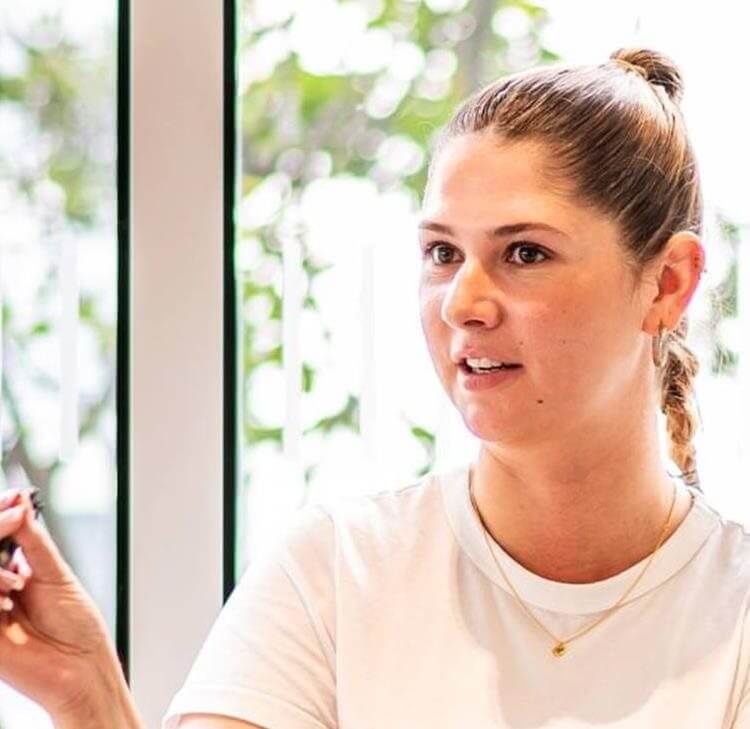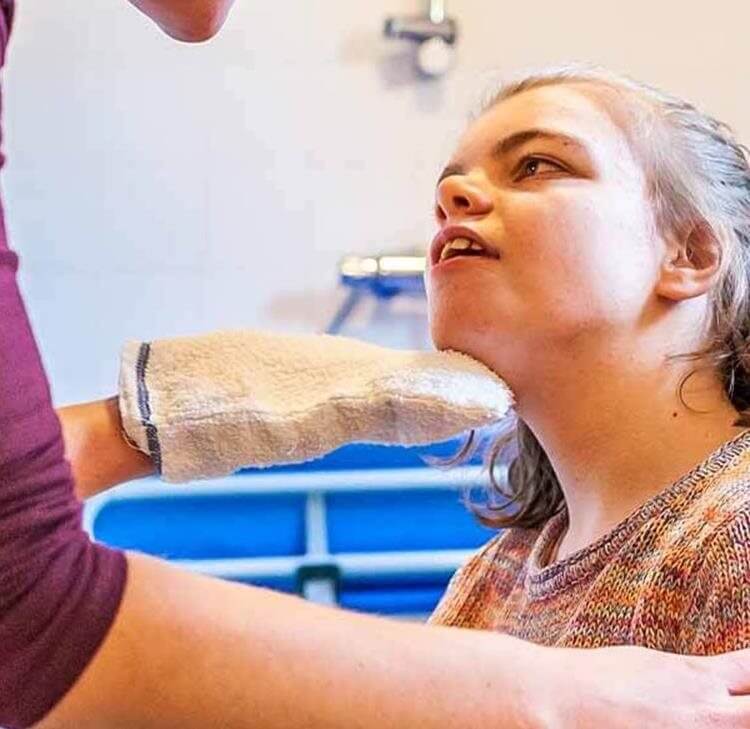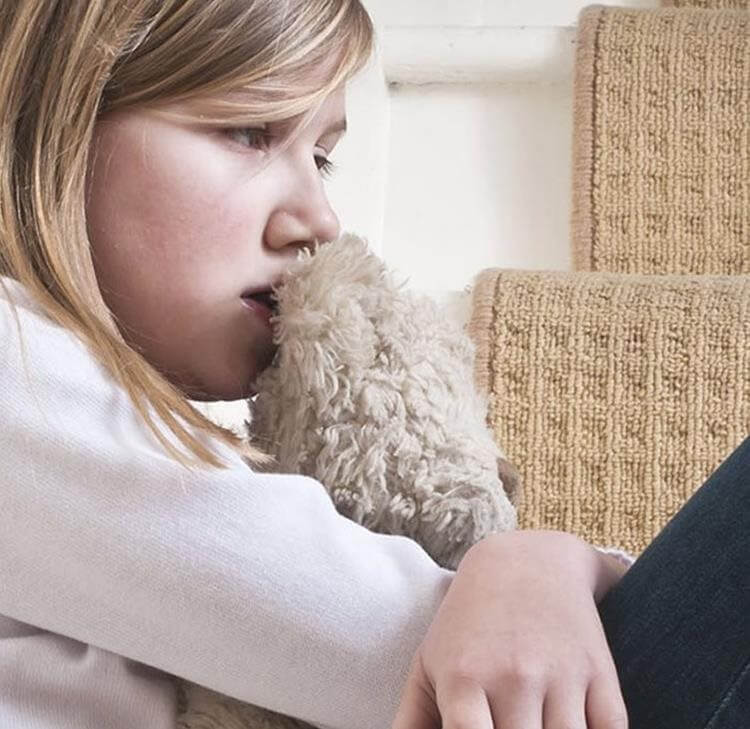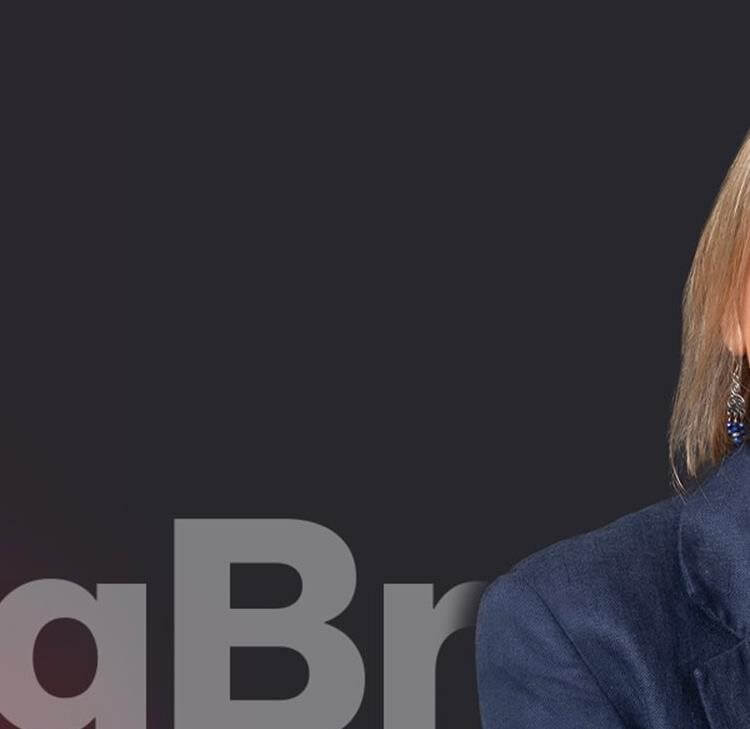In a significant Court of Protection judgment handed down on 31 July 2025 – Patricia's Father v Patricia [2025] EWCOP 30 (T3) – Mrs Justice Arbuthnot lifted previous court orders that had prevented treatment from being forced upon Patricia, a 25-year-old woman with severe anorexia nervosa and pathological demand avoidance (PDA).
Browne Jacobson (team led by Ed Pollard, Partner) was pleased to support and act for Norfolk and Norwich University Hospitals NHS Foundation Trust in these proceedings, as well as the 2023 proceedings referred to below.
Patricia had been the subject of Court of Protection proceedings in 2023 at a time when she was at risk of sudden death. Those proceedings concluded with Mr Justice Moor (now retired) determining that Patricia lacked capacity to make decisions about her medical treatment and that it was not in her best interests to be force-fed or receive treatment against her wishes.
Mr Justice Moor stated this was due to her extreme opposition to force-feeding and the significant distress it would cause her. The hope was that Patricia would voluntarily increase her calorie intake, as she had promised to do, and gain weight. However, by March 2025, Patricia's condition had deteriorated significantly. She weighed just 19kg and was at an even greater risk of sudden death.
Patricia's family applied to the Court of Protection to lift the 2023 orders, arguing that this would allow Patricia to receive force feeding if necessary to save her life. Despite Patricia's vehement objections to any change, Mrs Justice Arbuthnot ultimately concluded that the 2023 orders should be lifted finding that the 2023 decisions had created an "impossible burden" for Patricia - requiring her to voluntarily increase her calorie intake when her anorexia nervosa made this psychologically impossible.
The orders were also potentially preventing her from accessing Specialist Eating Disorder Units (SEDUs), with multiple units refusing to consider her specifically because of the 2023 court restrictions. Lifting the orders would allow clinicians the flexibility to determine appropriate treatment without court-imposed restrictions.
We have lawyers who specialise in eating disorder cases and are therefore well placed to advise healthcare providers and integrated care boards (ICBs) on these matters and on any issues relating to capacity, best interests and treatment for patients both under the Mental Capacity Act (MCA) and Mental Health Act (MHA). If you require advice or assistance, please do get in touch.
Background
The judgment reveals the complexity of Patricia's case and the extensive efforts made by clinical teams over many years to treat her condition. Patricia had been diagnosed with anorexia nervosa at the age of 10 and had been admitted either voluntarily or compulsorily under the MHA to numerous SEDUs. By 2023 she had had 27 stays as an in-patient in SEDUs and she had also undergone nasogastric (NG) feeding under restraint on six occasions in May 2022 with her consent. Patricia described this as causing "agonising pain" and making her feel suicidal.
The 2023 Court of Protection proceedings
Patricia’s situation was first considered by the Court of Protection in 2023. At this time, Patricia was in a very serious condition due to her severely restricted calorie intake. Her liver was failing and she was said to be in the "pre-death phase".
On 9th May 2023, Mr Justice Moor refused to approve NG feeding under compulsion, as Patricia was so passionately opposed to such treatment and it was likely to cause her significant distress. At the time, there were reasonable grounds for believing Patricia lacked capacity to decide on her medical treatment, however she did promise the judge she would increase her calorie intake.
On 15th May 2023, Mr Justice Moor made a clear determination that Patricia lacked capacity to make decisions about her medical treatment but remained of the view that she should have her autonomy, and that it was not in her best interests to be force fed against her wishes during her current hospital admission.
On 2nd October 2023, despite a significant deterioration in Patricia’s health, Mr Justice Moor expanded his previous declaration so that it applied to all of her hospital admissions. He declared “with a heavy heart” that it was not in Patricia’s best interests to receive NG feeding with restraint, or any other medical treatment against her wishes, as nothing could be more distressing, upsetting or detrimental to her health and wellbeing. He recognised however that this declaration might well result in her death.
What happened next?
A great level of care was provided to Patricia following the 2023 proceedings. Mrs Justice Arbuthnot specifically praised the hospital and clinical teams at Norfolk and Norwich University Hospitals NHS Foundation Trust, where Patricia was an in-patient, as well as the other NHS organisations involved. The court detailed the extensive special arrangements that had been made for Patricia, including being cared for in a private side room with requested view, adjusted lighting for her specific needs, a food card enabling her to buy her own food from the hospital M&S and 24-hour dedicated care staff commissioned by the ICB.
In January 2025, an intensive specialist care package was also set up for Patricia, with the aim to get her medically stable enough to be admitted to a SEDU. However, sadly this support ended after a short time as Patricia was unable to comply with the treatment plan.
Patricia deteriorated and in March 2025, her parents and aunt made an application to the Court of Protection, seeking to lift the earlier 2023 orders so that Patricia could be provided with whatever treatment the clinicians considered necessary, including force feeding if required. Patricia was now very ill, and all witnesses agreed that if nothing changed, she would probably die soon. Further, the 2023 orders were potentially preventing Patricia from accessing SEDUs. Multiple SEDUs had refused to consider her for admission specifically because of the 2023 court orders.
Patricia was strongly opposed to the application and wanted the 2023 orders to remain in place. She repeatedly said that any plan to get her to increase her weight would only work if there was no threat hanging over her. She was very frightened about force feeding and putting on weight. However, she also said that she did not want to die.
The first issue: Can previous Court of Protection orders be revisited?
The court addressed the fundamental question of when it is appropriate to revisit earlier best interests decisions. Mrs Justice Arbuthnot applied established legal principles that permit reconsideration where there are:
"circumstances that are not clearly covered by the earlier judgment".
Mrs Justice Arbuthnot found that, whilst the 2023 orders were not wrong, they had created unforeseen consequences that justified their reconsideration. Crucially, the orders had placed Patricia in the position of having to do something her mental disorder prevented her from doing – namely, voluntarily increasing her calorie intake to survive. The court found that Patricia’s anorexic cognition, combined with autism and PDA, prevented her from understanding the link between eating and survival, despite her high intelligence. As one witness observed, by:
"respecting [Patricia's] autonomy, the court [in 2023] had permitted her anorexia to call the shots".
Whilst acknowledging that revisiting the orders would cause Patricia a great deal of distress, Mrs Justice Arbuthnot considered it was the right thing to do in principle and was in Patricia’s best interests.
The second issue: Should the previous Court of Protection orders be lifted?
Despite Patricia’s strong opposition and fear of force feeding, the judge declared that the 2023 orders should be lifted, thereby enabling Patricia to access the treatment available to any other anorexic patient. Whilst there was not much hope that Patricia could be saved, and the clinical consensus was that force feeding was unlikely to succeed, lifting the orders would give the clinical team flexibility. It would also remove one of the potential barriers to Patricia accessing a SEDU.
Mrs Justice Arbuthnot was critical of the expert evidence presented on behalf of the family which had been produced without reference to Patricia’s medical records or discussion with her treating teams. She also emphasised that the expert’s criticism of the NHS bodies, contained in his report, were unfounded and, again, praised the NHS bodies’ efforts to support Patricia.
The judge concluded that, having considered the balance of the imminent risk of death versus the harm which would be caused psychologically and emotionally by the lifting of the orders, the balance was in favour of trying to save Patricia’s life. The removal of the orders would not instruct clinicians to force feed Patricia, but rather would allow them to work out what was best for Patricia, without any restrictions.
Conclusion
There have been several cases in the Court of Protection recently concerning severely anorexic patients, including Leeds and York Partnership NHS Foundation Trust v FF [2025] EWCOP 26 (T3) and St George's University Hospitals Foundation Trust & Anor v LV (Rev1) [2025] EWCOP 9 (T3). In the FF case, the court declared that it was in the patient’s best interests to withdraw enforced treatment and feeding, notwithstanding that this might result in her death. FF had endured years of forced feeding requiring up to eight members of staff for restraint, which she likened to rape and described as "torturous".
Conversely, in the LV case, the court authorised an extreme intervention – admission to intensive care for feeding under sedation – despite significant risks including multi-organ failure and potentially long-term disability. LV was a critically ill 20-year-old who had developed the ability to regurgitate and purge feeds, rendering conventional NG feeding largely ineffective.
These cases demonstrate that there is no one-size-fits-all approach and that the most suitable outcome will be highly fact-specific and dependent on the presentation, needs and individual circumstances of each patient. The string of cases also highlights the differing clinical views regarding treatment within the realm of eating disorders, with such debate also having potential implications in the context of the Assisted Dying Bill and the definition of ‘terminal illness’.
For clinicians, these cases highlight that the intersection of mental health, capacity, and best interests remains one of the most challenging areas of healthcare law and practice. They validate the importance of detailed, patient-centred care and demonstrate that courts will carefully scrutinise treatment history, futility, and the distinction between authentic choice and decisions driven by mental disorder.
The judicial willingness to authorise both withdrawal of enforced treatment (Patricia 2023 and FF) and provision of extreme interventions (LV), together with the lifting of previous court orders to allow clinicians flexibility (Patricia 2025), all within months of each other, demonstrates the court's commitment to individualised assessments and decisions as opposed to blanket approaches.
The praise for clinical teams demonstrates judicial appreciation for the complex challenges faced in treating severe, treatment-resistant anorexia.
Authors
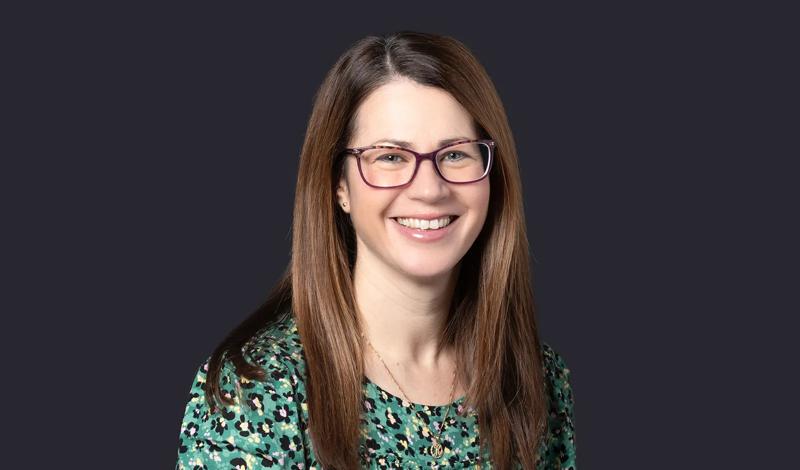
Katie Viggers
Professional Development Lawyer
katie.viggers@brownejacobson.com
+44 (0)330 045 2157



















